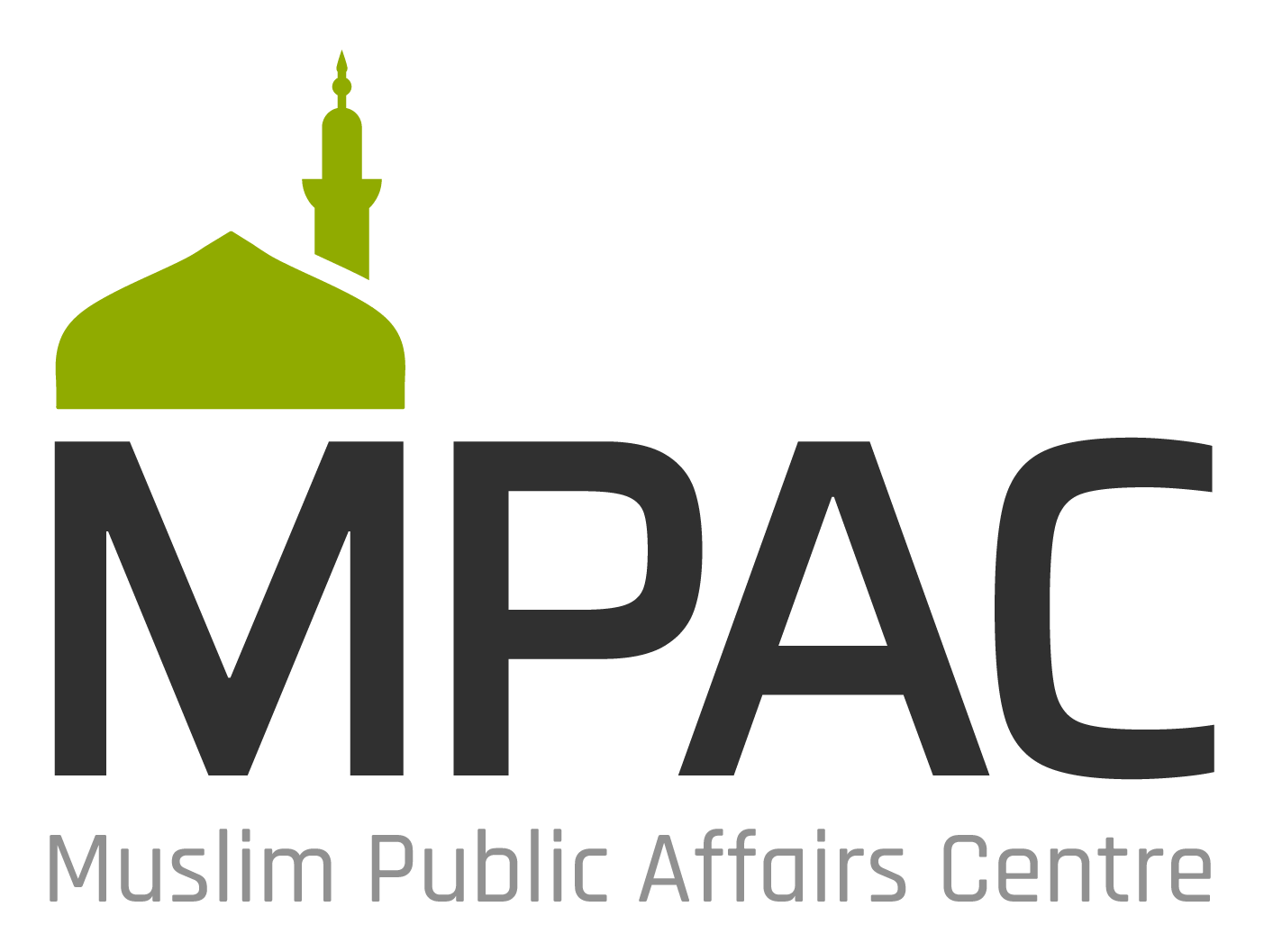
Tips for Communicating Effectively with Public Officials
1. Contact the Right People
When deciding which public officials to contact, consider two questions:
- Whose views are likely to influence others in government?
- Who has a particular reason to listen to my opinion on this matter?
With respect to affecting Muslim public affairs, the most influential public officials are likely to be those dealing directly with issues affecting public life, and office holders responsible for certain portfolios. Also, the Senate/House of Representatives members responsible for your constituency should be most interested in hearing your views about issues relating to your concerns. You might know other national, regional or local legislators or officials through Mosque, Islamic organization, community or professional contacts who would also be particularly open to your opinions.
2. Visit or Letter
Meeting with a public official is usually the best way to get your views across. It gives you a chance to get feedback and to respond to questions or concerns. If you plan to visit an official, call her or his office in advance to arrange an appointment. (If you do this a week or more in advance, you may want to call the day before to reconfirm.) Schedule conflicts may prevent the person from seeing you when you want, but try to negotiate a mutually agreeable time and date. Senate/House members are supposed to make themselves available for meetings in their constituency offices during the Senatorial constituency period, so ask your constituency representatives for appointments during that period. Ministers and other public officials are more likely to agree to meet you if you involve Mosque or reputable Islamic organization officials in your delegation.
If you are not able to arrange a suitable meeting with a particular official, you can write to the person instead. Ask the official to respond to your letter and offer to provide more information on request.
3. Organize Your Argument
Whether you are visiting or writing, decide what the most important messages to communicate are. The points you choose to emphasize in a letter or visit will depend on many factors: what arguments you find most convincing, what you know about the official you are contacting, your specific needs and experiences, how well prepared you feel you are to raise particular issues, etc. Think about what arguments are likely to be the most persuasive to the person you are contacting. Make sure you get these key points across in your visit or letter.
If you are planning a group visit, get together before to agree on what you want to say. You might want to jot down some “talking points” and make specific members of the group responsible for raising each one. Pick someone to act as facilitator who can introduce the members of the group, get the discussion started, ensure that all of your points come out, and express the group’s thanks at the end of the visit. You can also ask someone to take notes on the responses you receive and any commitments to further action (on either side).
4. Leave a Record of Your Concerns
It is a good idea to take something written to leave at the end of your visit. This could be an article from a newspaper or magazine, (In a long article, it may help to highlight important passages.) Or it could be a memorandum you have prepared or even just a summary of the points you planned to raise. Such documents will remind the official of the issues you raised after you have gone.
5. Follow Up
There may be more to do after you write or visit. It is helpful if you let MPAC know what you have done. If you can, send a copy of your letter or a brief report on your visit to us so we may learn from your experience. If, during a visit, you have offered to supply additional information on any matter, make sure that you do this. Has the official offered a further meeting or promised to report to you on anything? If so, someone should be responsible for following this up.
